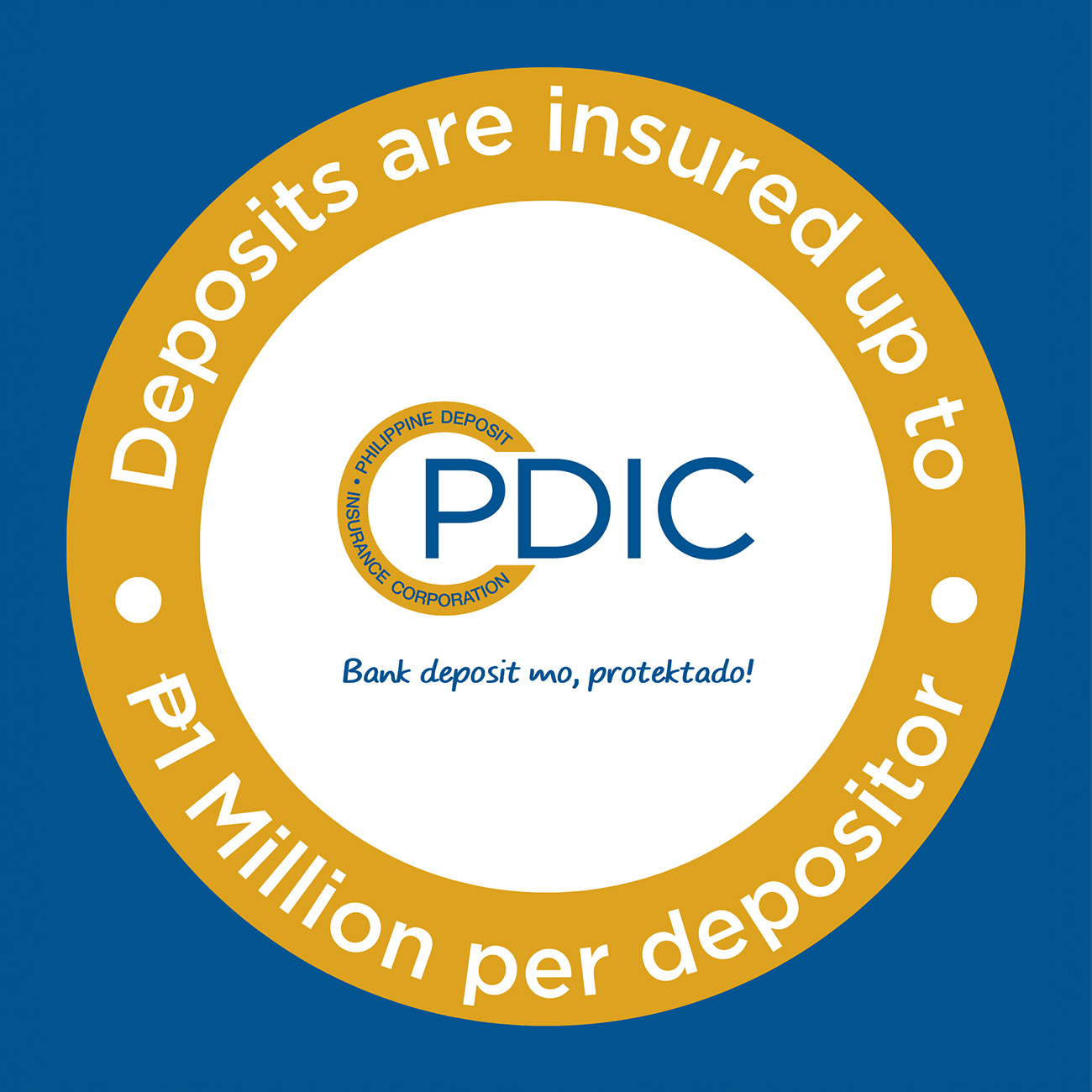MAKATI CITY, Philippines—Bank of the Philippine Islands posted net income of Php 8.0 billion for the first quarter of 2022, up 59.6% compared to the same period last year. The strong performance was attributable to higher net interest income, lower loss provisions, and normalized tax expenses, after last year’s one-time tax adjustments upon effectivity of the CREATE law.
Total revenues for the first three months of the year increased by 4.3% to Php 25.4 billion driven by the jump in net interest income of 12.7% to Php 19.0 billion, on the back of an 11 basis point expansion in net interest margin to 3.42%. On the other hand, non-interest income decreased by 14.5% to Php 6.4 billion, owing to lower securities trading gains, service charges, bank commissions, and underwriting fees. This was tempered by the notable year-on-year rebound in foreign exchange trading gains by 2.2x to Php 702.1 million.
Total operating expenses for the first quarter was Php 12.6 billion, higher by 6.5% compared to the previous year due to broad increases in all cost categories as the volume of transactions picked up, given the economic reopening and relaxed mobility restrictions. Cost-to-income ratio was 49.6%. The Bank recognized provisions of Php 2.5 billion as of March 31, 2022, a 30.6% reduction from the Php 3.6 billion booked over the same period last year. NPL Ratio improved to 2.38% from 2.49% in December 2021. NPL Coverage Ratio stood at 149.6%.
Total loans as of March 31, 2022 was Php 1.5 trillion, a 7.1% boost year-on-year, due to higher loan volumes across the board, led by growth in the corporate, mortgage, and credit card portfolios of 7.7%, 6.6%, and 12.2%, respectively. Total deposits also grew year-on-year to Php 1.9 trillion, up 13.1%, with CASA and time deposits posting increases of 10.9% and 23.3%, respectively. The Bank’s CASA Ratio was 81.0%, while the Loan-to-Deposit Ratio was 77.3%.
Total assets reached Php 2.4 trillion, up 9.88% versus the same period last year. Total equity stood at Php 300.0 billion, with an indicative Common Equity Tier 1 Ratio of 16.2% and a Capital Adequacy Ratio of 17.0%, both above regulatory requirements. Return on Equity was 11.0%, while Return on Assets was 1.36%.
In March 2022, BPI launched BizKo, a subscription-based digital platform for micro, small, and medium enterprises, which offers an integrated online system for invoicing and collection to help with their cash flow and other banking needs. BizKo is the fifth of the seven digital platforms in the Bank’s digital transformation roadmap.
BPI also partnered with ACEN for the first energy transition financing in the country. BPI Capital is mandated lead arranger and sole bookrunner for this transaction, a financing structure that will allow South Luzon Thermal Energy Corporation to decommission its remaining coal plants 15 years ahead of the end of its technical life. To further the Bank’s sustainability agenda, BPI Asset Management and Trust Corporation launched its sustainable fund suite, which includes three new investment vehicles aligned with the United Nations’ Sustainable Development Goals.
Published on April 29, 2022


